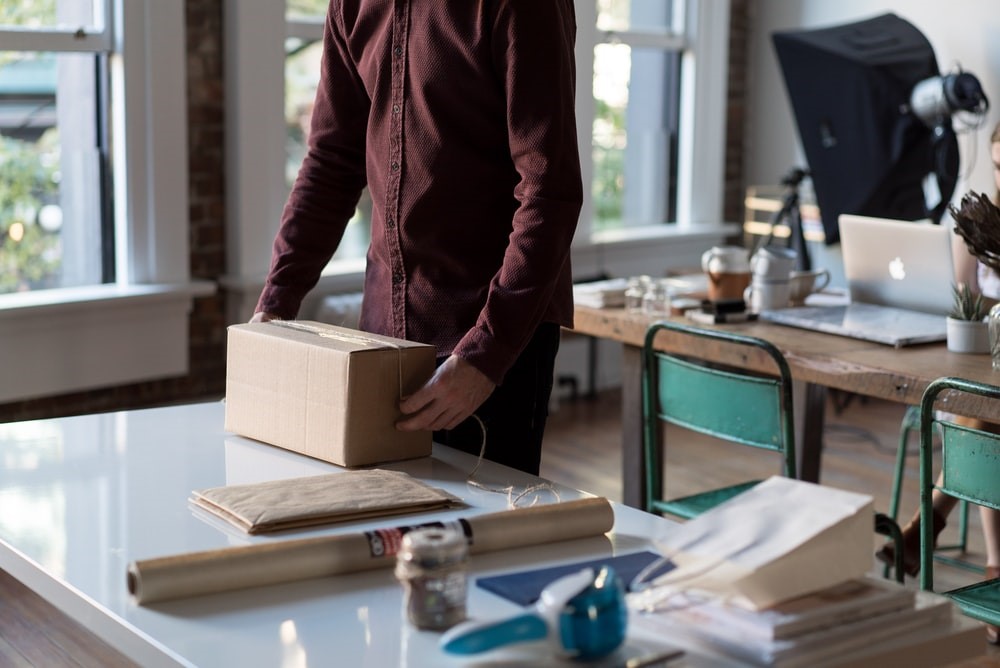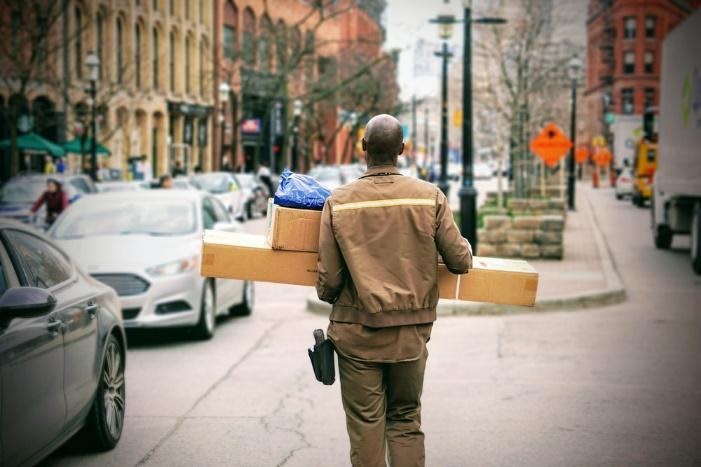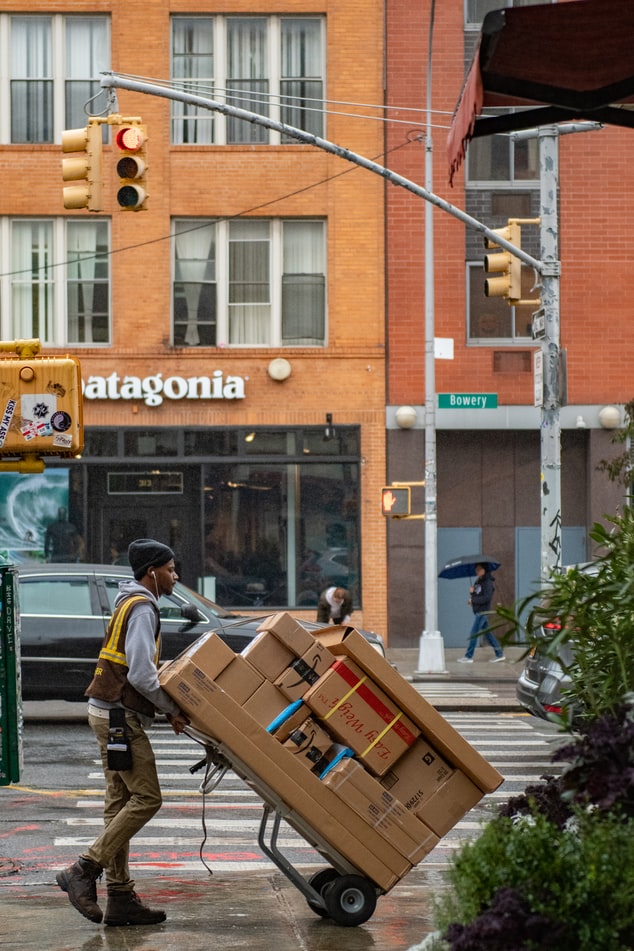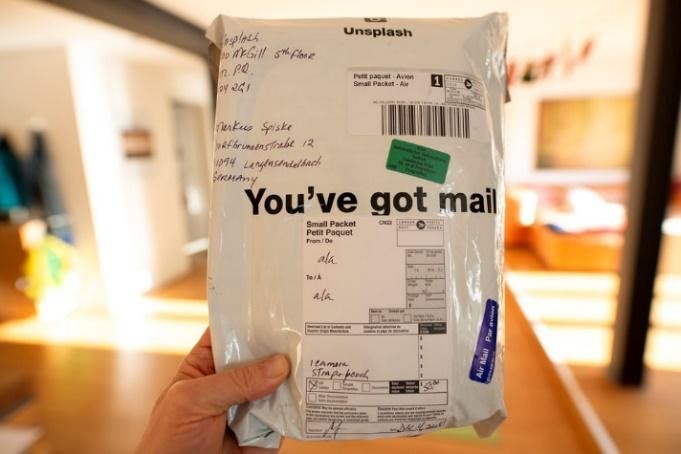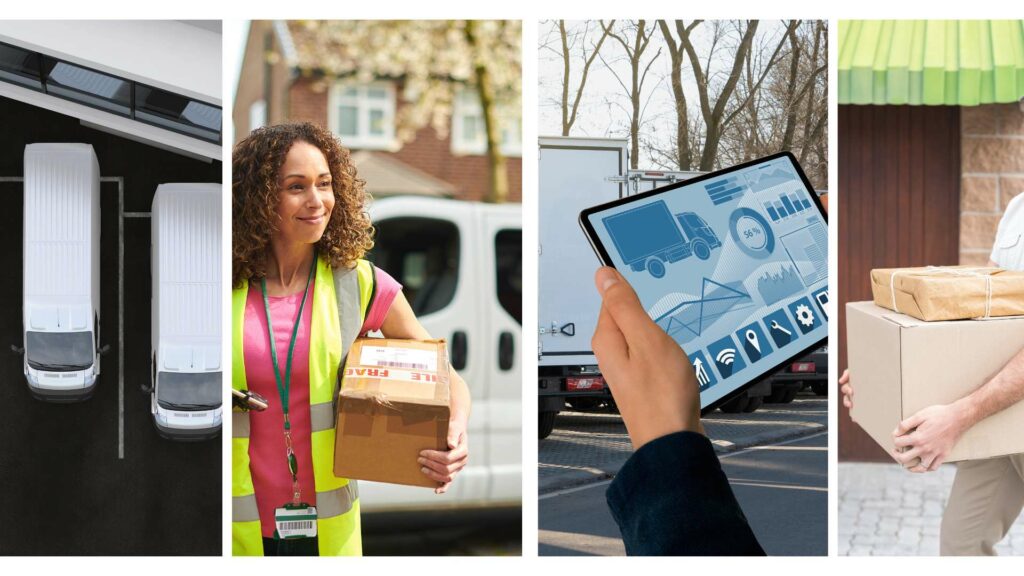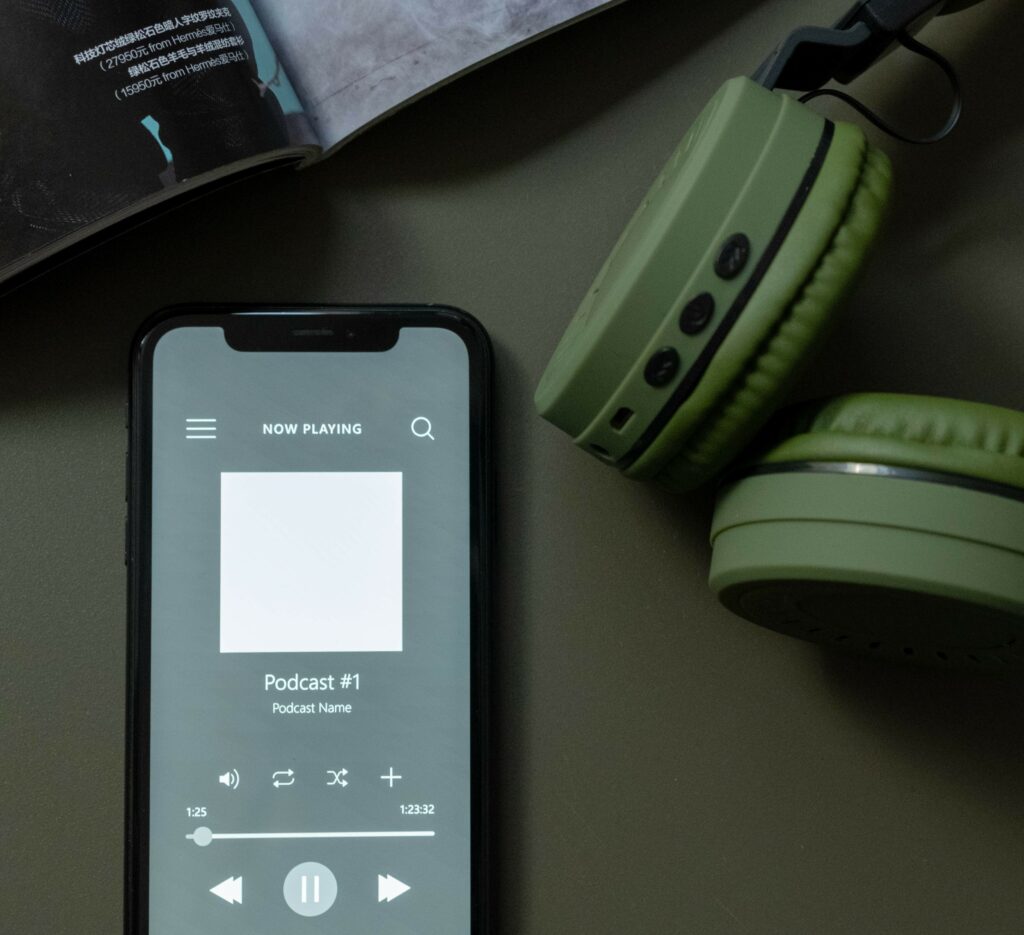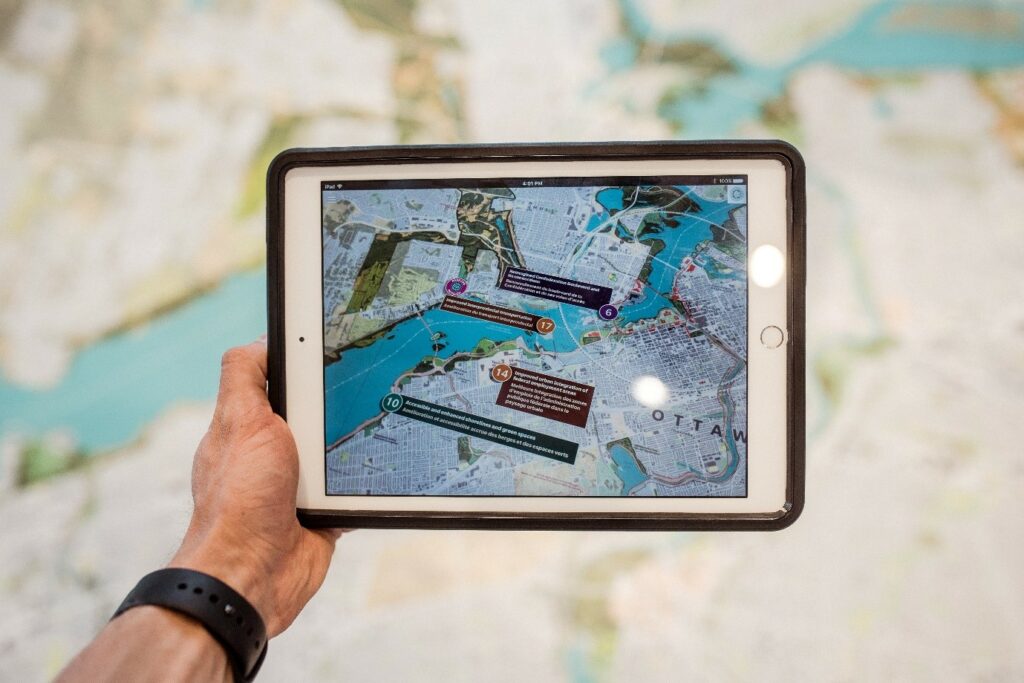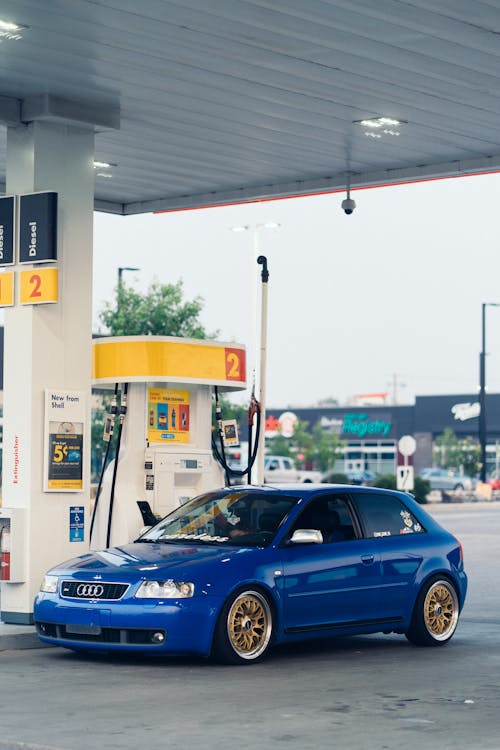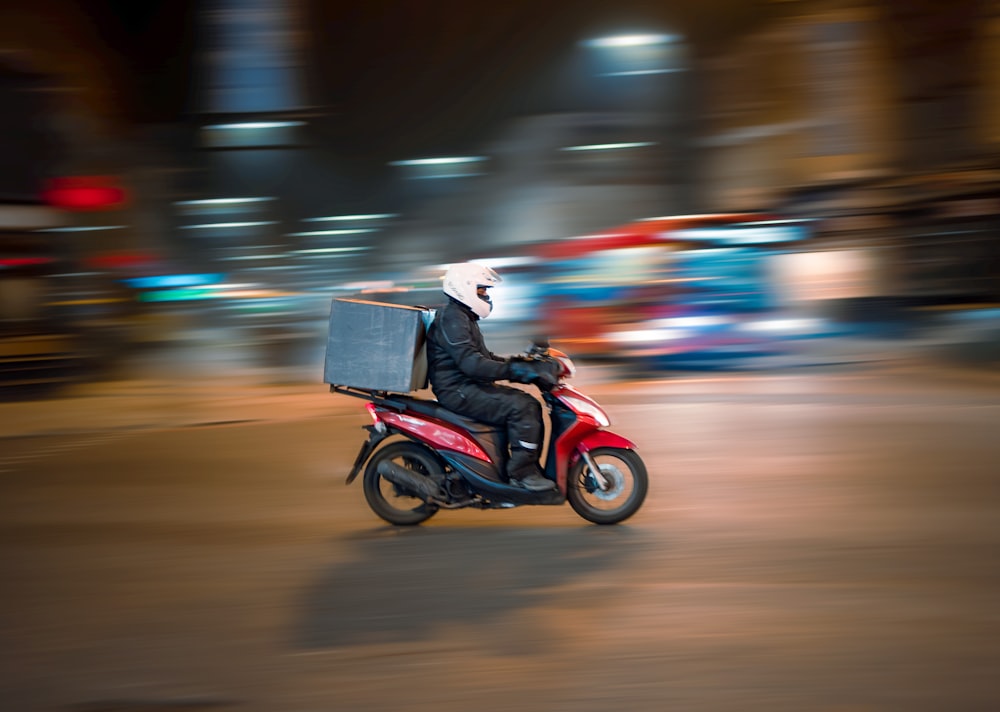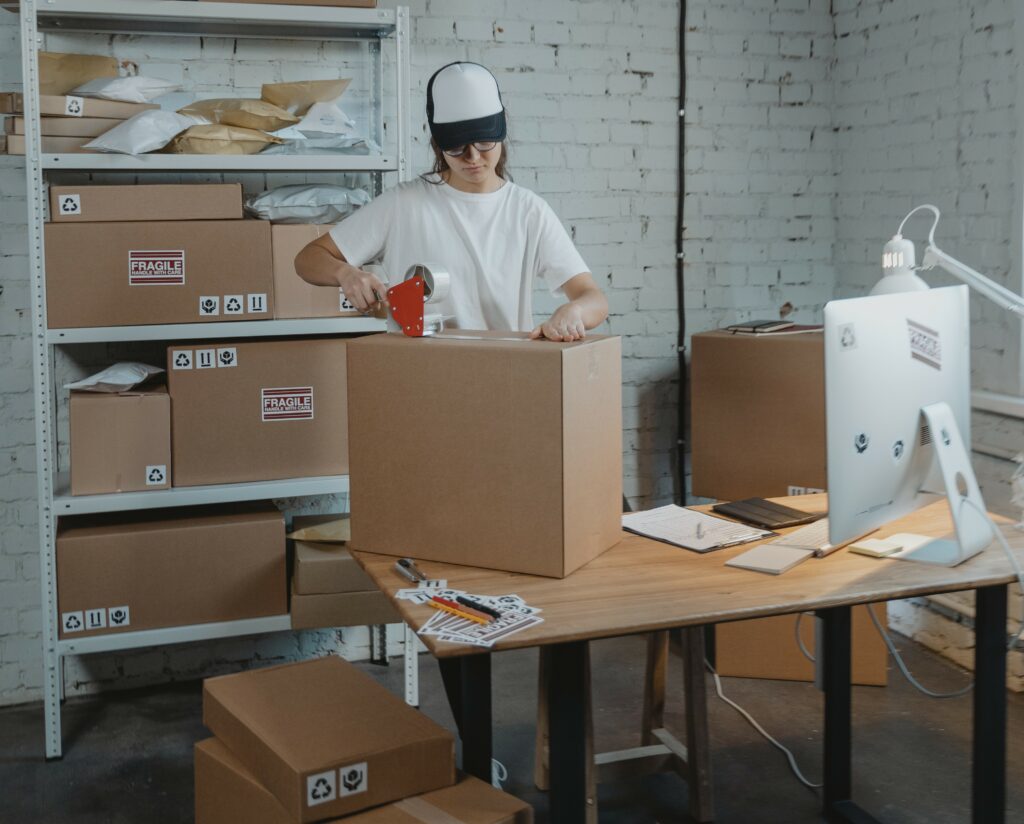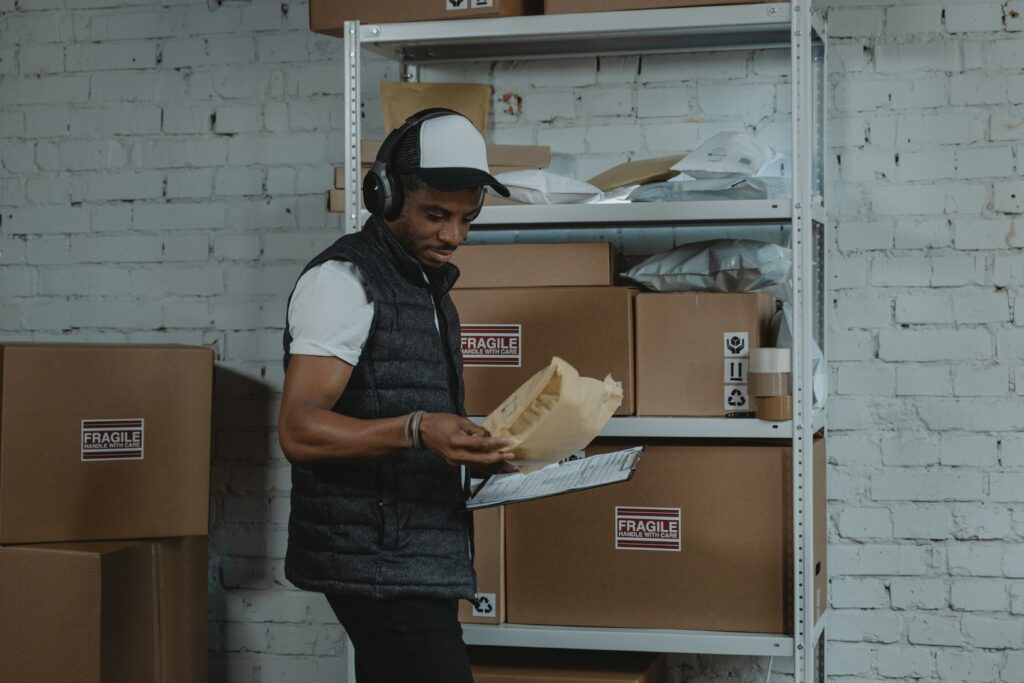The advent of the Covid-19-induced lockdowns and subsequent closure of non-essential businesses accelerated the migration of business operations to digital platforms in order to adhere to social distancing directives. Consequently, a growing number of people are opting for online shopping whilst choosing to have their purchases delivered to their homes or collected at the purchaser’s nearest distribution center. According to a study conducted by Nielsen, The New Shopper Normal report, 37% of South Africans said they were shopping more online with, Gareth Paterson, the lead researcher of the report pointing out that; “Available online shopping platforms, especially for groceries, medicines, and other necessary items, have seen a surge in usage over the last few months as consumers prefer not to venture into stores and have increasingly opted for these reduced touchpoint alternatives.”
“Choose your delivery option.”
Unfortunately, this shift in consumer behavior has highlighted deeply-rooted constraints in existing online offerings, particularly in last mile parcel delivery – if you are anything like myself, you may have a busy schedule and aren’t always home to receive your order nor do most e-retailers allow you to schedule a timeslot for your delivery and if you are in a remote location, that throws a spanner in the works. Accordingly, businesses have shifted their focus to the fulfilment of last mile delivery through three possible ways; (i) at home delivery (ii) collection and delivery points (iii) reception box (i.e. smart lockers)
Transformation of Smart lockers Globally: Singapore, Indonesia & India
Smart lockers are storage and parcel delivery services that have gained widespread popularity in Asia and are taking the lead already in conducting delivery activities. In Singapore, the Infocomm Media Development Authority (IMDA) – an agency under the Ministry of Communications and Information – piloted 62 locker stations across a residential district and in several shopping centres in Singapore in 2018. The pilot project produced interesting findings, particularly, drivers were able to deliver four times more than their door-step delivery counterparts. The participants in this pilot project found that they didn’t have to schedule their day around the delivery of their parcel and could simply collect it at any time that was convenient for them. Following on the success of the pilot project and to redress the lapse in the national postal service, the Singaporean will expand the network of smartlocker stations to 1000 nationwide. In the South African case, the national postal service has lagged behind and currently cannot meet the sudden growth in e-commerce. As South Africans, we have thrown in the towel with respect to the Post Office. Having your parcel delivered via the national postal service is as good as throwing it in a black hole, if you get anything, you are truly just lucky.
India has also undergone a similar path. In 2015 two, start-ups launched their smart lockers across India. Although some of the smart lockers have been placed in residential complexes and thus making it inaccessible to neighboring buildings, to address this they have placed several of their smart lockers in office parks. For those, who are having a busy day at the office and can’t afford to run to the reception to receive their parcel or perhaps you would prefer some discretion and avoid questions from your colleagues about your parcel, this is definitely the solution. After work, you can conveniently collect your parcel and take it home without the third degree from your colleagues.
To give you an idea, parts of South Africa, are quite similar to Indonesia in that some region’s logistics infrastructure is severely underdeveloped. To redress this, smart lockers in Indonesia have been placed in local stores within remote and/or rural locations. If you’ve ever driven through rural settlements throughout our country, you’ll attest to the fact that there are no established street names or house numbers but you will always find a nearby supermarket or petrol station that serves the surrounding villages. As a businessowner, this will definitely expand your business’ reach and if you are avid shopper like myself, this will considerably improve access to these businesses.
So how do smart lockers work?
Having smart lockers in South Africa will truly serve us well. So how do smart lockers work? These lockers are placed in various locations and are available around the clock. After reserving your locker, you will receive a notification with a QR code/pin once your order has been placed in the locker you have chosen and is ready for collection. Therefore, you can collect your parcel at any time of your convenience.
You want it, you got it: Easy Collect & Drop (ECD)
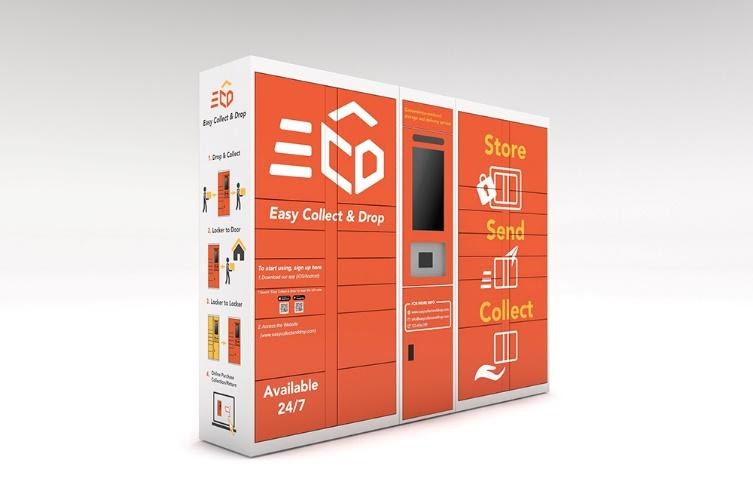
While still in its infancy, the benefits of smart lockers in South Africa cannot be ignored. ECD (Easy Collect and Drop) has piloted two smartlockers in Johannesburg. With management team being from Japan and the success of smart lockers in Japan, ECD leverages its expertise in the smartlocker technology to provide maximum simplicity, safety, convenience and cost effectiveness in the fulfilment of last mile delivery. Overall, it is clear that smart lockers have a diverse offering and can cater to your lifestyle needs and schedule. Furthermore, the adoption of smart lockers is easy and seamless and is curated to address your shopping needs and give you peace of mind.
Main picture: Photo by Bench Accounting on Unsplash
